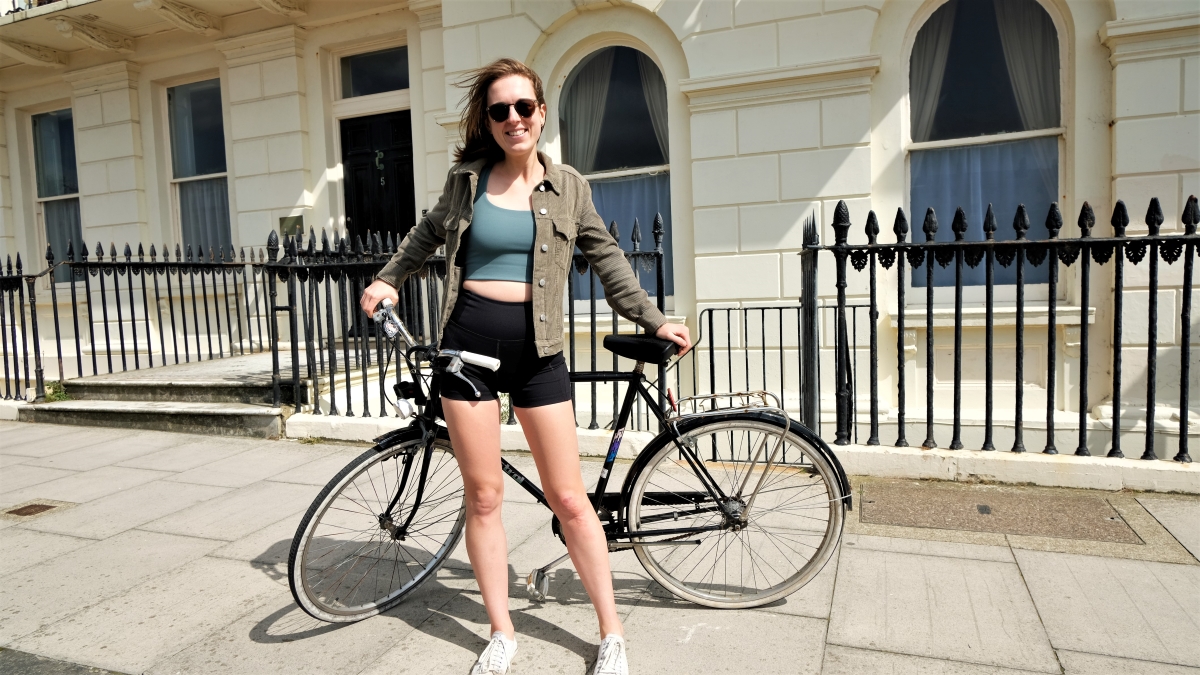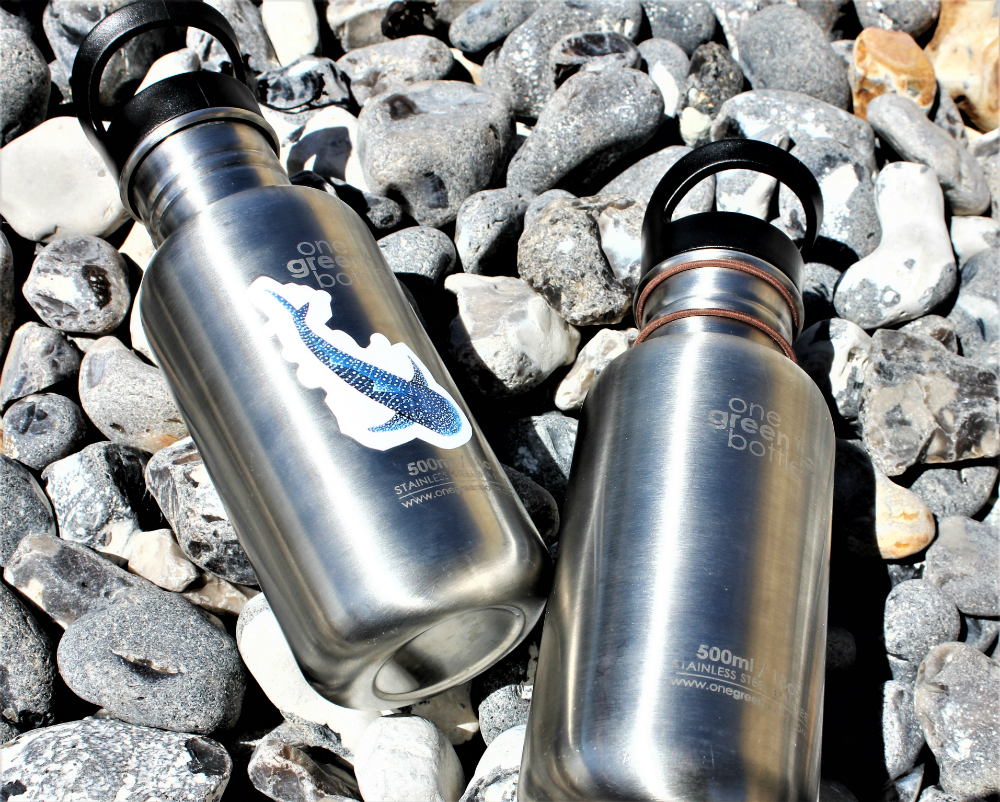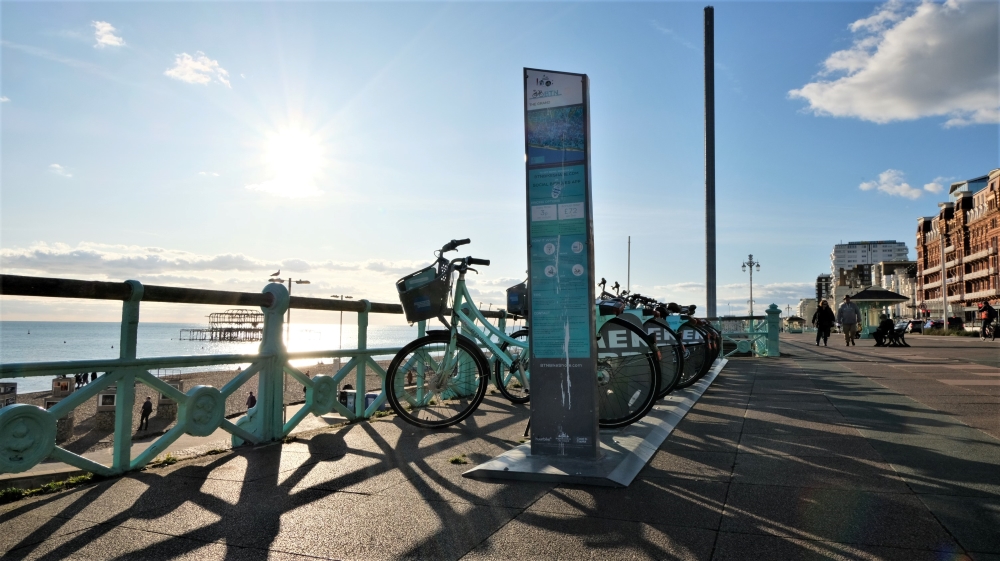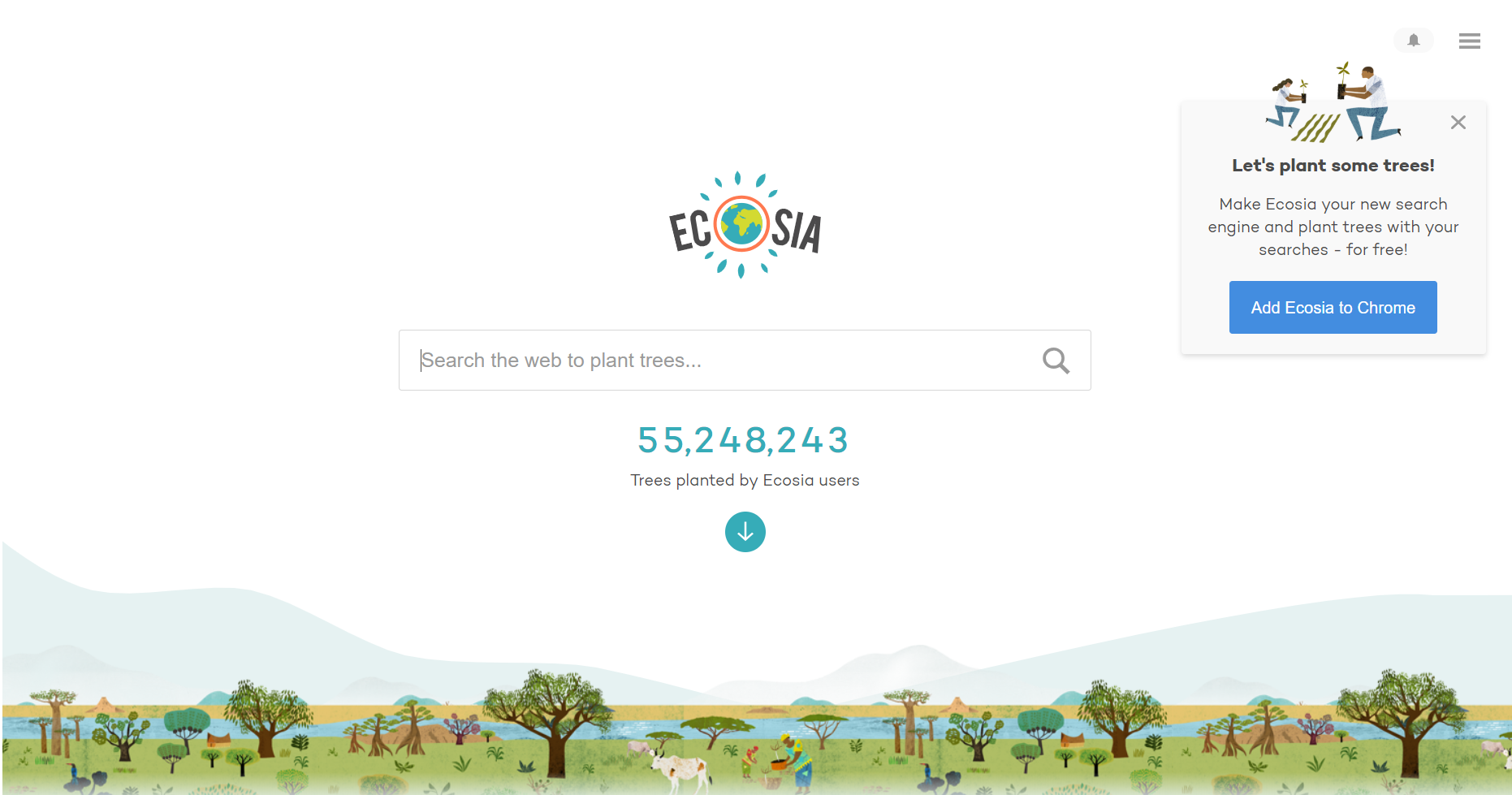13 Practically Painless Ways To Be More Environmentally Friendly

Want to be more environmentally friendly but feel like zero waste living is unattainable? We’ve compiled 13 effortless ways to reduce your environmental impact without having to turn your lifestyle upside down. These simple lifestyle tweaks are easy to adopt as part of your daily living. Little actions like these contribute to reducing our negative impact on the environment.
Jump To:
- Reduce your meat consumption
- Reduce fast fashion
- Donate to environmentally-friendly charities
- Choose Better Bedding
- Don’t Throw Away Food
- Use a Stainless Steel Water Bottle
- Use a Keep Cup
- Get Your Groceries Delivered
- Walk and Cycle more!
- Use Car Sharing Apps
- Use an Eco-Friendly Internet Browser
- Use Freecycle
- Use a Kindle, Audiobook, Library or Pre-Loved Book!
1. Reduce Your Meat Consumption
By reducing meat consumption just 2-3 days a week (ore more if you can!), you’ll significantly shrink your carbon footprint. Did you know that animal agriculture gobbles up 83% of global farmland while providing only 18% of our calories? A flexitarian lifestyle or “casual vegetarianism” is a small tweak that makes a huge difference.

2. Reduce Fast Fashion
Fast fashion is responsible for about 10% of global carbon emissions – more than all international flights. Many high street brands pollute our environment through unethical supply chains and use of cheap materials that often end up in landfills. By making the switch to ethical brands and second-hand shopping, you can reduce your impact and help out planet.
Not sure where to get started? I share my favourite sustainable activewear brands here.

3. Donate to environmentally-friendly charities
Support environmental causes without breaking the bank. Organisations like Trees For Cities allow you to contribute as little as £1 per month. This charity does exactly what you might think: it plants trees in cities around the world. Not only are trees beautiful, but they also help to remove pollution from the air we breathe.
4. Choose Better Bedding
Where you buy your bedding from matters. Pillows, duvets and mattresses end up in landfills. You can avoid it by recycling old mattresses (here’s a handy guide on how to dispose of a mattress) and buying bedding made from recycled materials that biodegrades at the end of it’s life. Simba is a great B Corp option for bedding as their range includes duvets made with PET bottle fibres which dissolve completely within two years of being deposited in a landfill environment.

5. Don’t Throw Away Food
The food industry requires a lot of energy to grow, process and transport food items. Minimise the amount of food shopping you have to do by eating up rather than buying new. Transform leftovers into tomorrow’s lunch with a stainless steel container. Can’t use it? Consider donating non-perishables to local food banks. It’s a win-win: reduce waste and help those in need.
Option 1:

Option 2:

6. Use a Stainless Steel Water Bottle
Ditch disposable plastic bottles for a sleek, reusable stainless steel alternative. Your water will stay colder, your wallet fuller, and our oceans cleaner. Too much plastic from water bottles and other food containers ends up in the ocean, where it damages marine life and forms enormous plastic islands. A reusable water bottle is a simple swap with a big impact.

7. Caffeinate Consciously Too
Invest in a stylish keep cup for your daily java fix. Many cafes offer discounts for bringing your own cup – saving money and the environment, one latte at a time.
8. Get Your Groceries Delivered
Shop smarter, not harder. Skip the supermarket stress and opt for home delivery. One truck serving multiple households is far more efficient than individual car trips. Bonus points for choosing local produce boxes – fresher food with a lower carbon footprint. Try to buy food that comes in easily recyclable packing, such as tins, jars and cardboard.

9. Walk and Cycle More!
Walking and cycling are the most eco-friendly modes of transport. Reduce your carbon footprint, save significantly on fuel costs and sidestep those frustrating parking fees. But the advantages go far beyond your wallet. By choosing human-powered transport, you’re giving your body a natural fitness boost. Regular walking or cycling can improve cardiovascular health, strengthen muscles, and reduce stress.

10. Use Car Sharing Apps
When you can’t avoid driving, make the most of your journey! Fill those empty seats by using carpooling apps like BlaBla Car. You’ll split costs, slash emissions, and might even forge new friendships en route. For those who don’t need a car daily, consider car-sharing services like HiyaCar instead of owning a vehicle. These apps let you borrow a neighbour’s car when they’re not using it – a smart, flexible alternative to traditional car ownership that reduces the number of vehicles on the road.
11. Use an Eco-Friendly Internet Browser
Quite possibly the least painful tip on this list, there’s no reason not to switch to an eco-friendly internet browser such as Ecosia. All internet browsers, such as Google Chrome and Ecosia, are funded by ads. The difference is that Ecosia puts the money that it generates into planting trees. You can save the planet just by using the internet!
12. Use Freecycle
Before buying new, check if someone’s giving away what you need on Freecycle. From furniture to kitchenware, you’ll be amazed at what you can find for free. Reduce waste, save money, and declutter your community all at once.
13. Try an E-reader, Audiobook, Library or Pre-Loved Book!
I love to read, but I don’t much love to think of all the dead trees that went into making my favourite books… Fortunately, technology has a solution. These days, it’s possible to download an entire library onto your e-reader, without so much as looking at a tree. E-readers and audiobooks offer literary indulgence without the environmental cost. If you crave the feel of physical pages, rediscover your local library or second-hand bookshop. Your wallet (and the trees) will thank you.

What are your top tips for being more environmentally friendly? Share with us in the comments!





